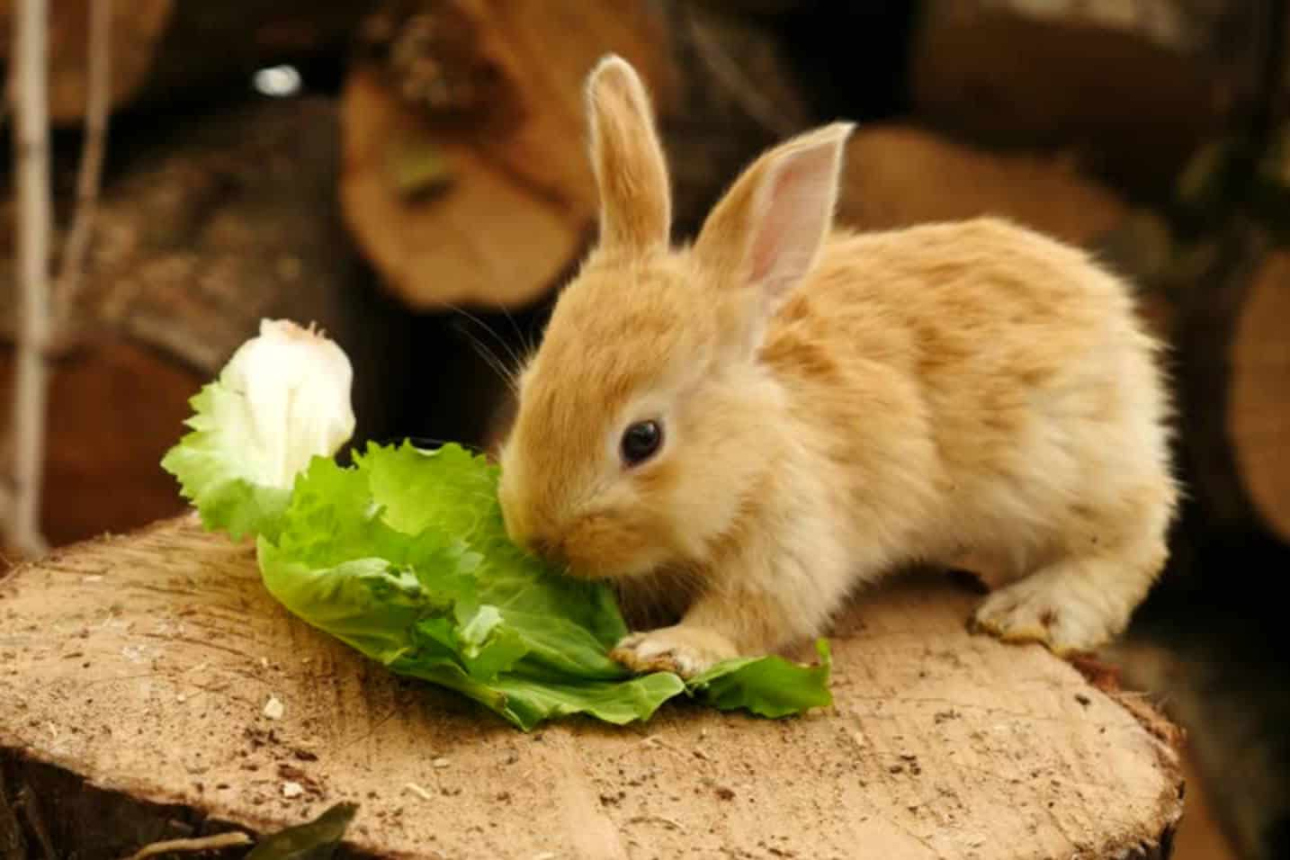Can Rabbits Have Bok Choy?
Bok choy, also known as Chinese cabbage or pak choi, is a leafy green vegetable that is commonly used in Asian cuisine. Its crunchy texture and mild flavor make it a popular choice for stir-fries, soups, and salads. But can rabbits have bok choy too? Let’s find out.

Benefits of Bok Choy for Rabbits
Feeding your rabbit a balanced diet is crucial for their overall health and well-being. Bok choy can be a great addition to their diet due to the following benefits:
- Rich in nutrients: Bok choy is packed with vitamins A, C, and K, as well as calcium and potassium. These nutrients are essential for maintaining your rabbit’s immune system, promoting healthy bone growth, and supporting its overall vitality.
- Hydration: Bok choy has a high water content, which can help keep your rabbit hydrated. Adequate hydration is important to prevent issues such as urinary tract problems in rabbits.
- Digestive health: The fiber content in bok choy promotes healthy digestion in rabbits. Adding bok choy to their diet can help prevent gastrointestinal issues such as bloating and constipation.
Precautions and Moderation
While bok choy can be beneficial for rabbits, it should be fed in moderation and with certain precautions:
- Introduction and observation: When introducing bok choy to your rabbit’s diet, start with a small amount and observe their reaction. Some rabbits may have digestive sensitivities to certain vegetables, so it’s important to monitor their health and behavior.
- Balance the diet: Bok choy should be part of a balanced diet for rabbits, alongside other leafy greens, hay, and limited pellets. A variety of vegetables should be offered to ensure your rabbit receives a wide range of nutrients.
- Organic and clean: It’s recommended to choose organic bok choy whenever possible to minimize the risk of pesticide residue. Thoroughly wash the bok choy before feeding it to your rabbit to remove any dirt or potential contaminants.
- No seasonings or dressings: Avoid adding any seasonings or dressings to the bok choy when feeding it to your rabbit. These can be harmful to their digestive system and overall health.
Note: Always consult with a veterinarian before introducing new foods to your rabbit’s diet or if you have any concerns about their health or dietary needs.
Frequently Asked Questions (FAQs)
1. Can rabbits eat bok choy every day?
Eating bok choy every day can be excessive for rabbits. It’s important to provide a varied diet that includes different types of leafy greens and vegetables to ensure a balanced nutrient intake. Moderation is key.
2. Can bok choy cause digestive problems in rabbits?
Some rabbits may be more sensitive to certain vegetables, including bok choy, and may experience digestive issues such as bloating or diarrhea. Introduce bok choy gradually, observe your rabbit’s reaction, and adjust their diet accordingly if any issues arise.
3. Can rabbits eat bok choy stalks and leaves?
Both the stalks and leaves of bok choy are safe for rabbits to eat. However, the stalks may be a bit tougher and crunchier, so it’s important to ensure they are properly shredded or cut into smaller pieces to prevent choking hazards.
4. How much bok choy can rabbits eat?
Rabbits should have a diet primarily consisting of hay, supplemented with a variety of vegetables. When it comes to bok choy, a small handful of shredded leaves or stalks a few times a week is a suitable amount. Remember to balance your diet with other greens and consult with a veterinarian for personalized recommendations.
In conclusion, bok choy can be a nutritious addition to a rabbit’s diet. Its high water content, fiber, and beneficial nutrients make it a healthy choice, but it should be fed in moderation and alongside a balanced diet. Always observe your rabbit’s reaction to new foods and consult with a veterinarian for specific dietary recommendations.
Related Articles…
Copyright Notice:
Images displayed on this website are not our property, but are procured from the internet. If you hold copyrights to any image and wish for its removal, please get in touch with us.